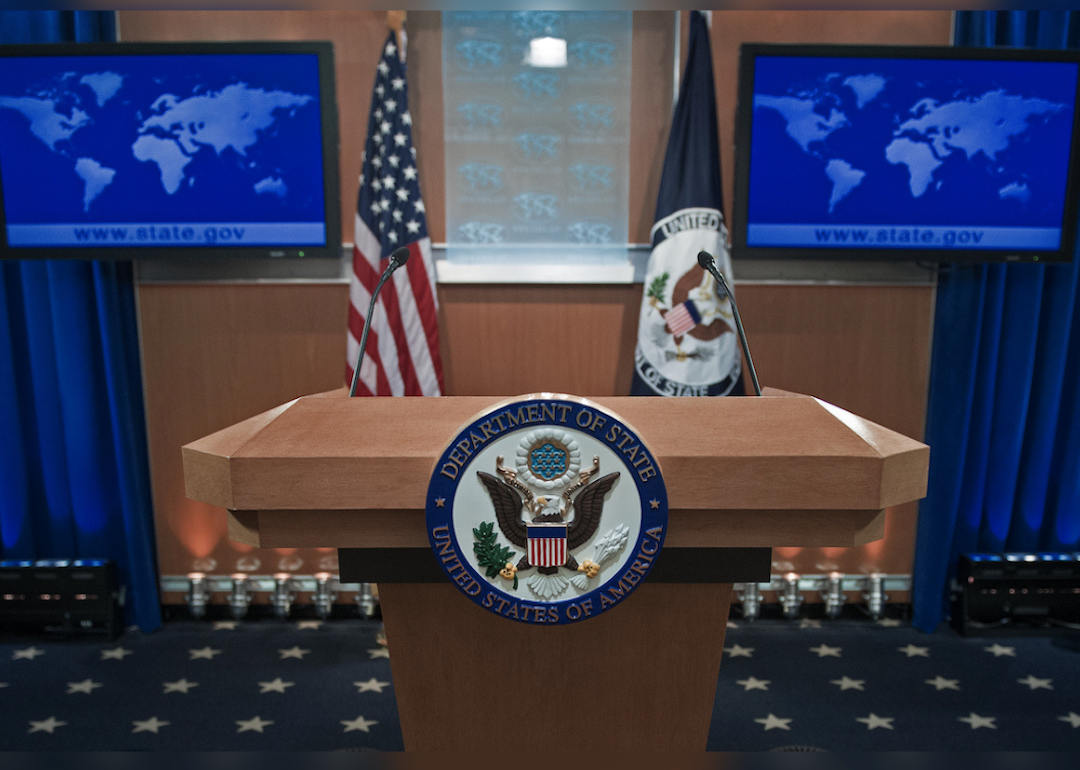
Reasons behind State Department travel warnings for 25 countries
Reasons behind State Department travel warnings for 25 countries
When planning travel off the beaten path, it's typically a good idea to check in first with the U.S. Department of State. No matter how exciting and enticing the prospect of an adventure may be, there are some places where the danger of travel outweighs the benefits that might come from making the journey.
To help travelers assess just this kind of risk, the State Department has come up with a ranking system for its advisories. The highest level of warning, Level 4, indicates a Do Not Travel zone, where United States citizens in particular should not go. Countries on this list tend to be mired in active violent conflicts, lack functioning security institutions, and sometimes any semblance of government at all. Other reasons for countries to appear on this list include terrorism and the presence of diseases like Ebola.
A Level 3 means the State Department is issuing a warning to those looking to travel to the country, and asks them to reconsider nonessential travel. Level 3 countries pose serious risks to safety and security, often times in areas outside the capital and embassy areas.
Further down, Level 2 indicates that there are simple security measures that travelers should abide by, and things they should be aware of while traveling to keep themselves safe. Many countries on the Level 2 list have more violent pasts that are now decades old, and the warnings are aimed at keeping travelers safe from any of the residual violence.
Level 1 countries are those that travelers should feel free to visit relatively freely, although the State Department warns that there are inherent risks in any international travel, and that travelers should be aware whenever they leave the country to exercise caution, since customs may differ from those in the U.S.
Stacker takes a look at 25 countries the State Department has issued travel warnings for from April to Augut 2019, and why those warnings are in effect.
You may also like: Cities before conflict: what it was like to visit Juarez, Tehran, and 13 other afflicted places
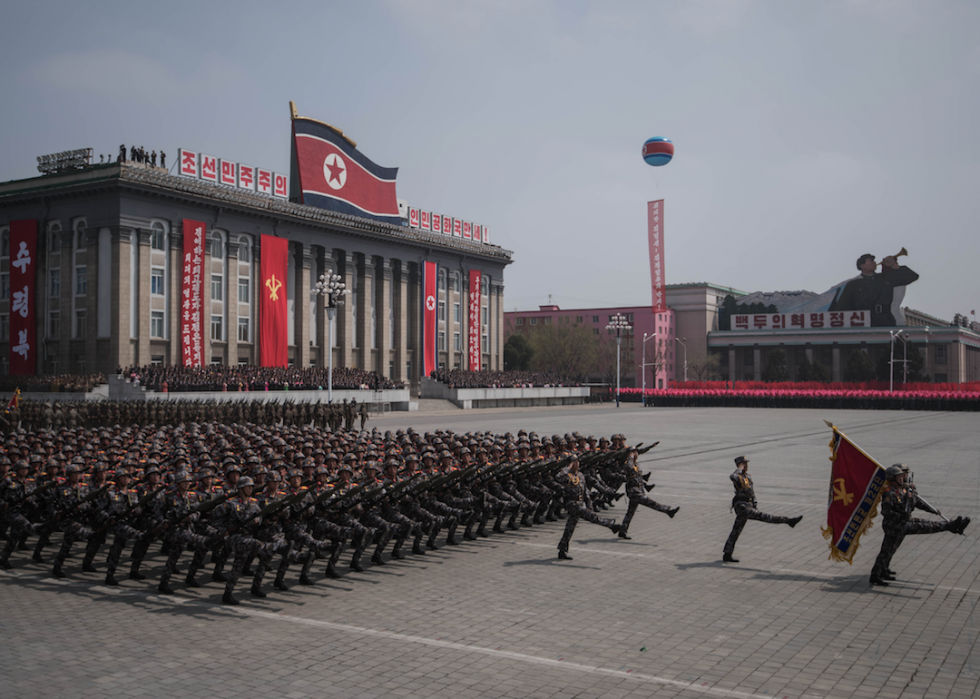
North Korea
The State Department’s highest level of travel warning, Level 4, is in effect for North Korea as of July 10, 2019. The U.S. does not have diplomatic or consular relations with the secretive dictatorial regime, and is unable to assist citizens in the case of an emergency. Several Americans have learned this the hard way, having been detained for supposed crimes against the state and sentenced to hard labor.
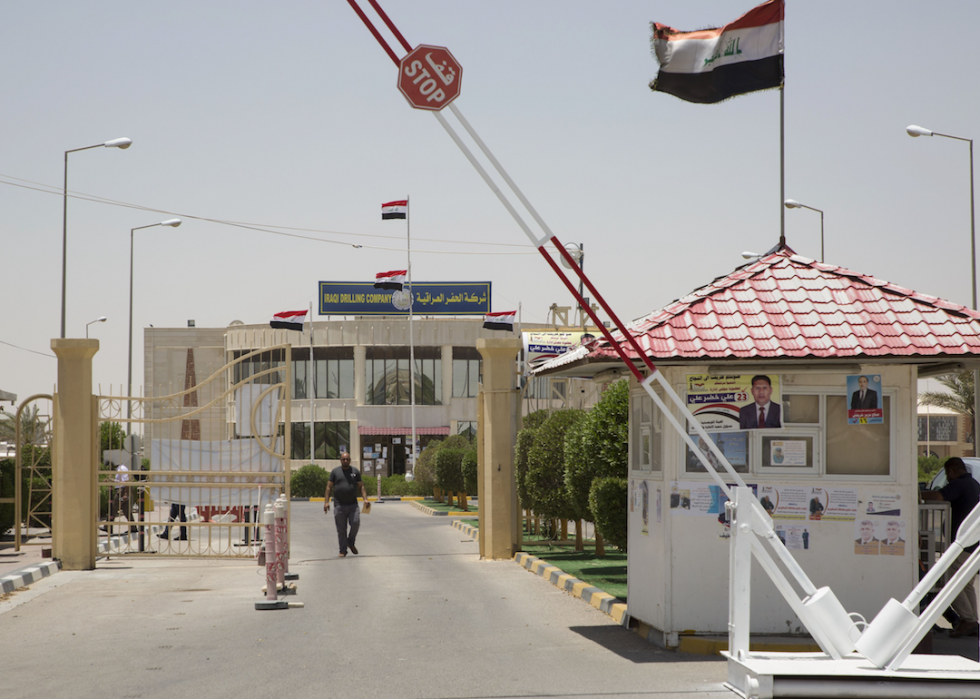
Iraq
A Level 4 advisory has been in effect since May 15, 2019. The warning specifically applies to American citizens and companies in the country, due to the presence of anti-American militias and terrorist groups, plus the high risk for violence and kidnapping. The State Department has a limited ability to assist in the case of emergency, as embassies and consulates in the country recently evacuated all non-emergency personnel.
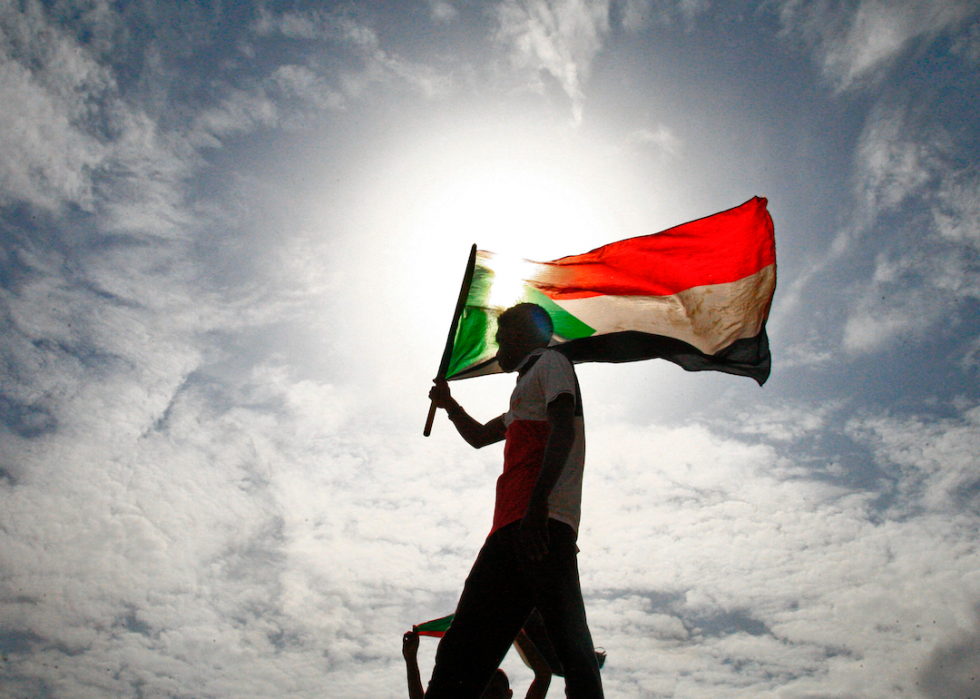
Sudan
Sudan has had a Level 4 advisory since April 11, 2019. The high warning is due to several factors causing instability in the country, including a state of emergency imposed by Sudan’s repressive ousted president, Omar al-Bashir, that has been called unlawful by watchdog groups. The state of emergency dissolved much of the government and has given security forces the power to detain indefinitely for any reason. Bombing, carjacking, home invasion, and kidnapping are also common.
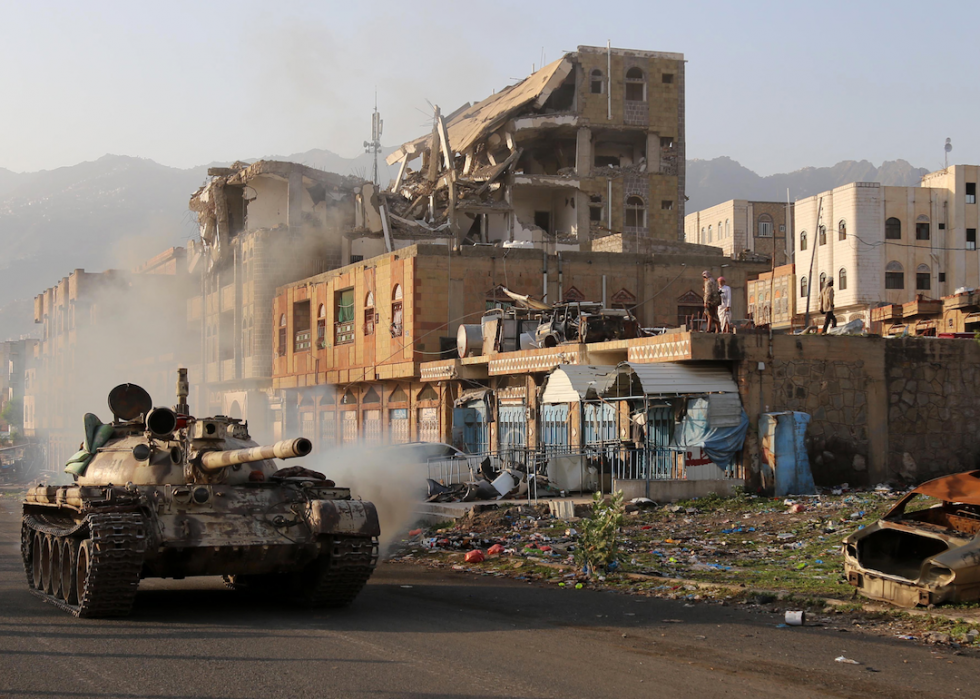
Yemen
The State Department’s Level 4 advisory, last updated April 9, 2019, is largely thanks to the country’s civil war. The resulting chaos has allowed terrorist and other groups to carry out acts of violence without repercussions, including bombings and kidnappings. The State Departments warns that Westerners, including Americans, are at a particular risk of being targeted for kidnapping or attack.
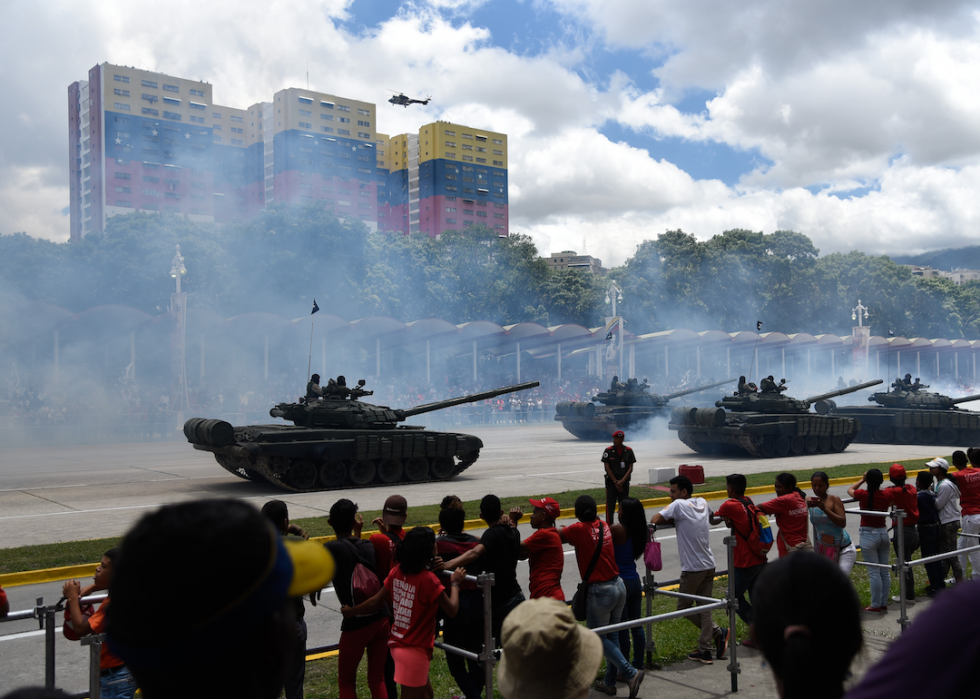
Venezuela
Venezuela is under a Travel 4 advisory (last updated April 9, 2019) due to the civic unrest that has gripped the country in recent months. The U.S. ordered the departure of all non-emergency personnel in January due to the political instability and the high potential for violence, which includes common instances of homicide, armed robbery, kidnapping, and carjacking.
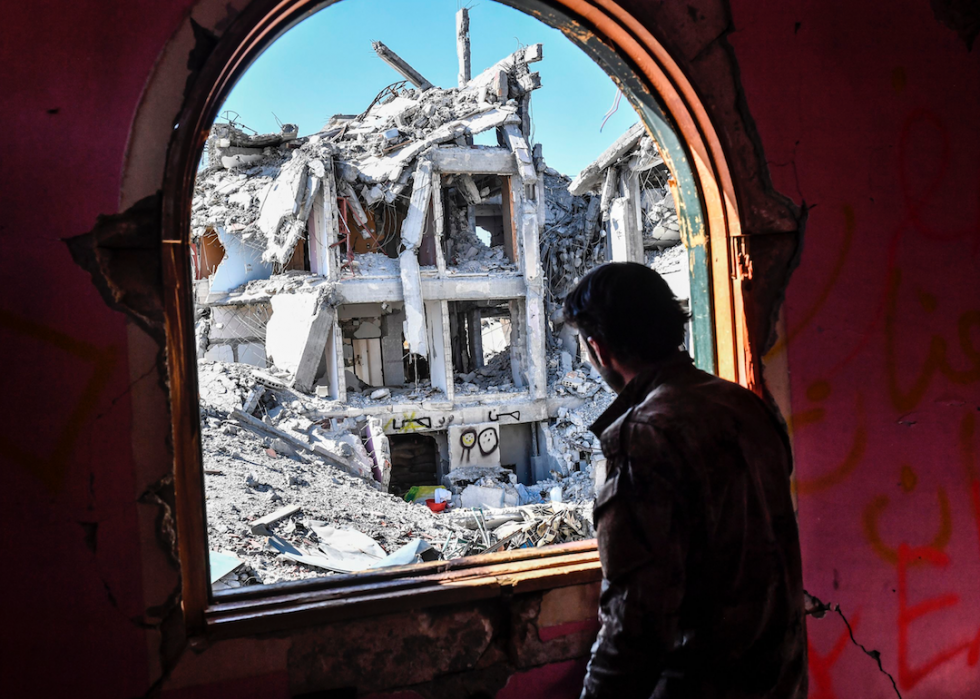
Syria
Syria’s Level 4 advisory (last updated April 9, 2019) has been in effect for years, thanks to a civil war that has been ongoing since 2011. There is also the presence of terrorist groups, including the Islamic State, in the country. Syria’s autocratic leader Bashar al-Assad has brutally cracked down on dissident groups and rebels, including using poison gases and nerve agents; he also sees the U.S. (and by proxy its citizens) as supportive of the country’s rebels. The Islamic State compounds the danger, having carried out many gruesome attacks against Westerners, including those covering the conflict.
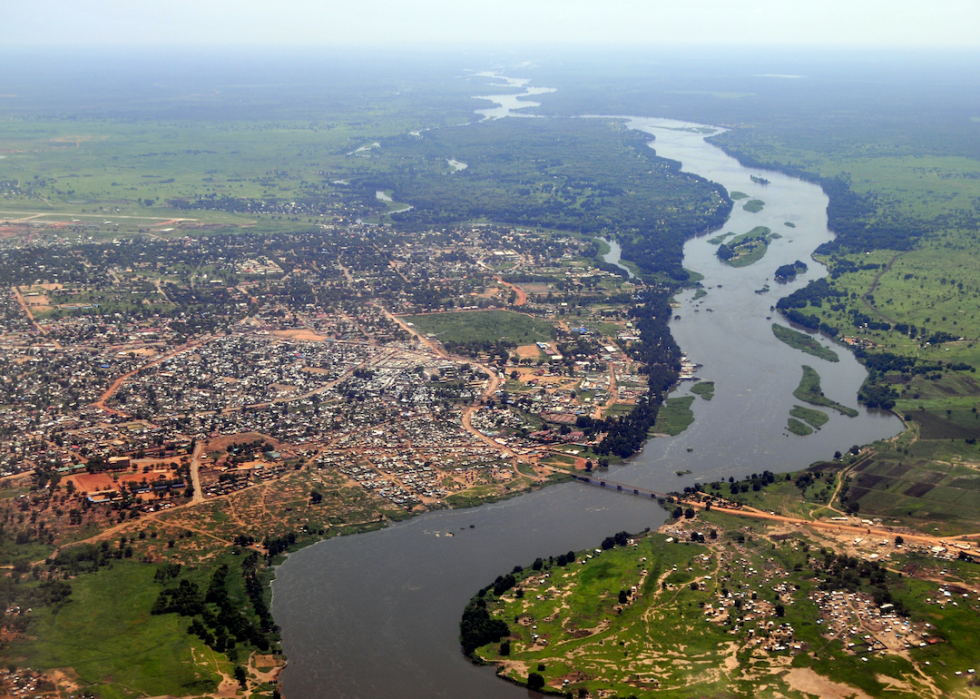
South Sudan
South Sudan’s Level 4 advisory (last updated April 9, 2019) is due to the extreme and varied forms of violence common in the country, and its particular hostility towards Westerners. Traveling in South Sudan puts many at risk for kidnapping, shooting, carjacking, ambushes, and various forms of sexual violence. Reporting in the country without papers from the South Sudanese Media Authority is a crime, and many journalists have been killed while reporting on the country’s civil war.
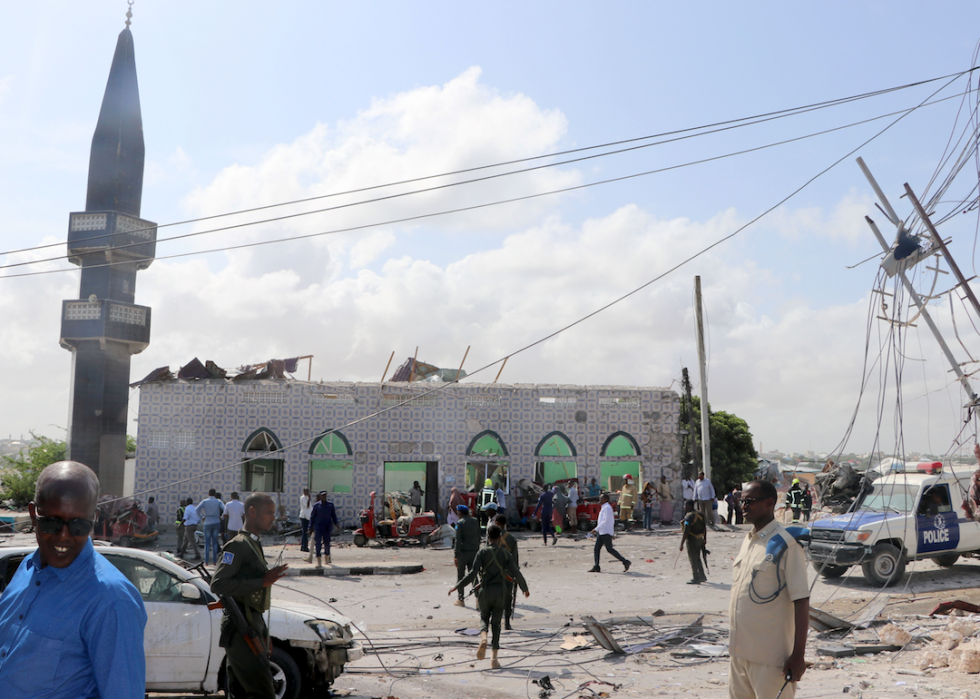
Somalia
The State Department’s Level 4 advisory for Somalia (last updated April 9, 2019) is due to terrorism, lawlessness, and a particular level of violence targeted against Westerners. Terrorists target shopping malls, hotels, restaurants, air and seaports, and other areas where Westerners are known to gather, opening fire indiscriminately or detonating bombs. Pirates are also active in the Horn of Africa, especially off the coast of Somalia.
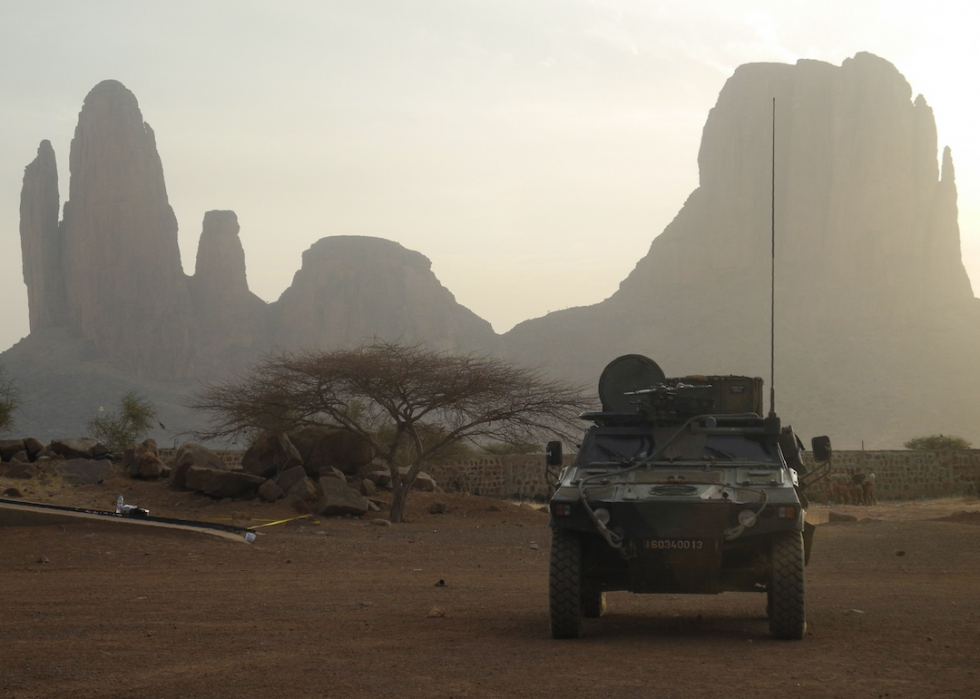
Mali
Mali’s Level 4 advisory (last updated April 9, 2019) is in place to deter travelers from putting themselves at the high risk for terrorism, violence, and kidnapping that occurs within this country. This African nation has been gripped by sectarian violence and an overall deteriorating security situation, in which Malian terrorist organizations have been able to attack nightclubs, restaurants, offices, and hotels frequented by foreigners.
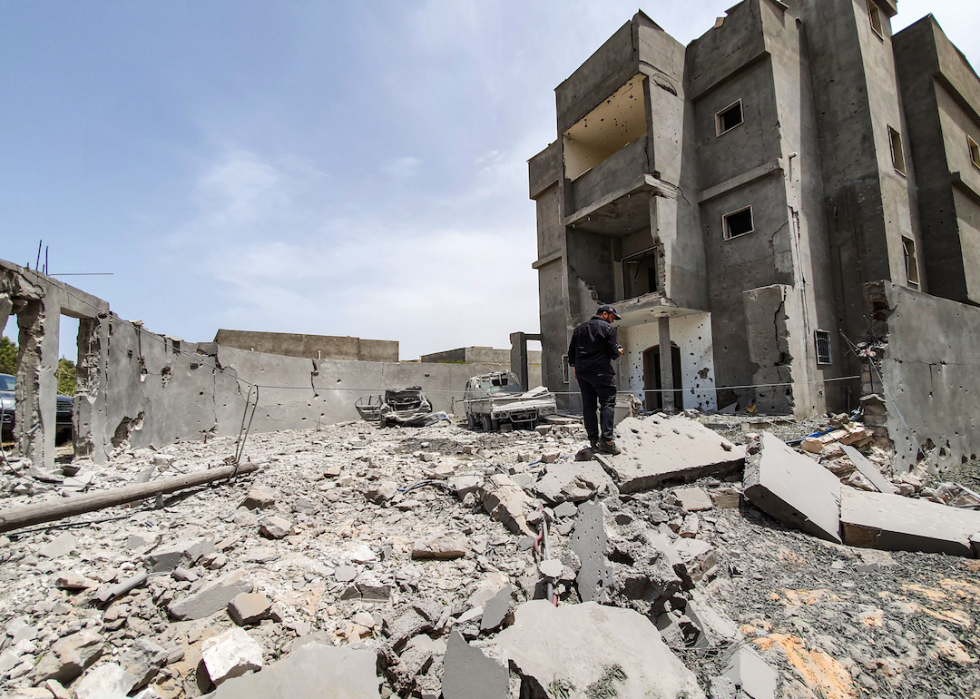
Libya
The security situation in Libya is dire, and accounts for the Level 4 warning, last updated April 9, 2019. Ever since Moammar Gadhafi was ousted and killed in the country's 2011 uprisings, no government has been able to successfully assert control over the country. Terrorists and militia groups have targeted Westerners in particular. Extremist groups have made threats against U.S. citizens, groups, and leaders, and Westerners have been kidnapped for ransom.
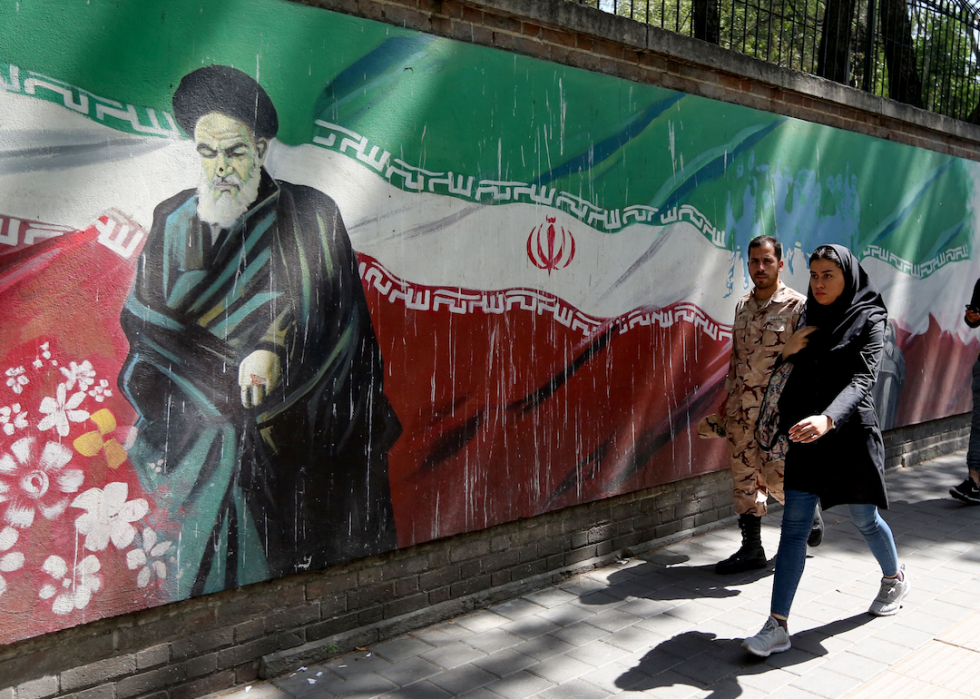
Iran
The Level 4 travel advisory for Iran (last updated April 9, 2019) is due to the particular dangers the country poses to travelers from the U.S. The Iranian regime has long been anti-Western, but ever since the U.S pulled out of its nuclear deal with the nation and re-imposed harsh sanctions, anti-American sentiment has been particularly strong. The State Department warns that the Iranian government continues to unjustly detain and imprison American students, journalists, academics, and other travelers on espionage and other trumped-up national security charges.
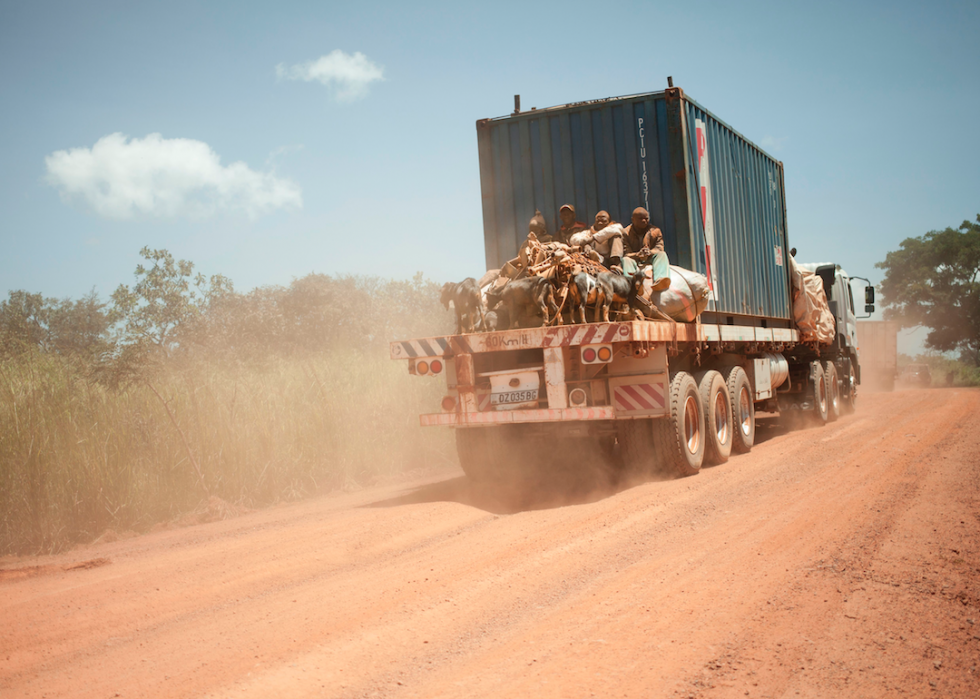
Central African Republic
The Central African Republic’s Level 4 travel advisory (last updated April 9, 2019) is due to the civil unrest that has gripped the country since rebels tried to overthrow the government in 2013. The country has been unstable ever since, with violent crimes like armed robbery, assault, and homicide. The situation is so precarious that the U.S. has mandated that even government employees obtain special clearance to leave the embassy compound.
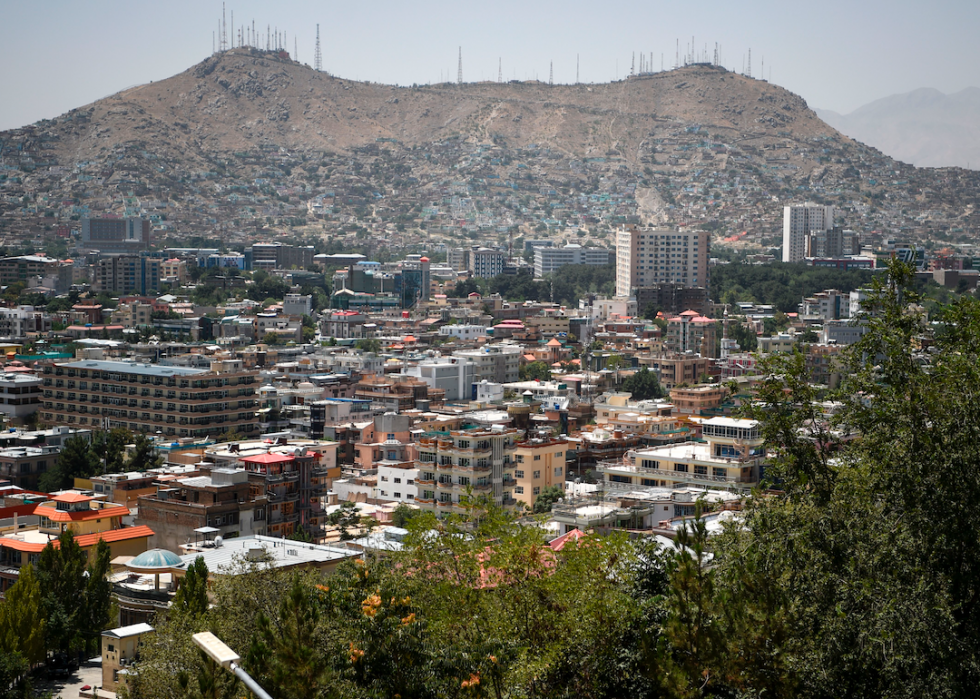
Afghanistan
The security situation in Afghanistan is particularly unsafe for Americans, even for a country already mired in considerable instability and violence. The country’s travel advisory is Level 4 (last updated April 9, 2019). Attacks by terrorist groups like a resurgent Taliban are not uncommon, along with kidnapping, hostage-taking, and suicide bombings. The war the U.S. has been waging against these groups for the past 18 years makes American citizens particular targets for the insurgent groups.
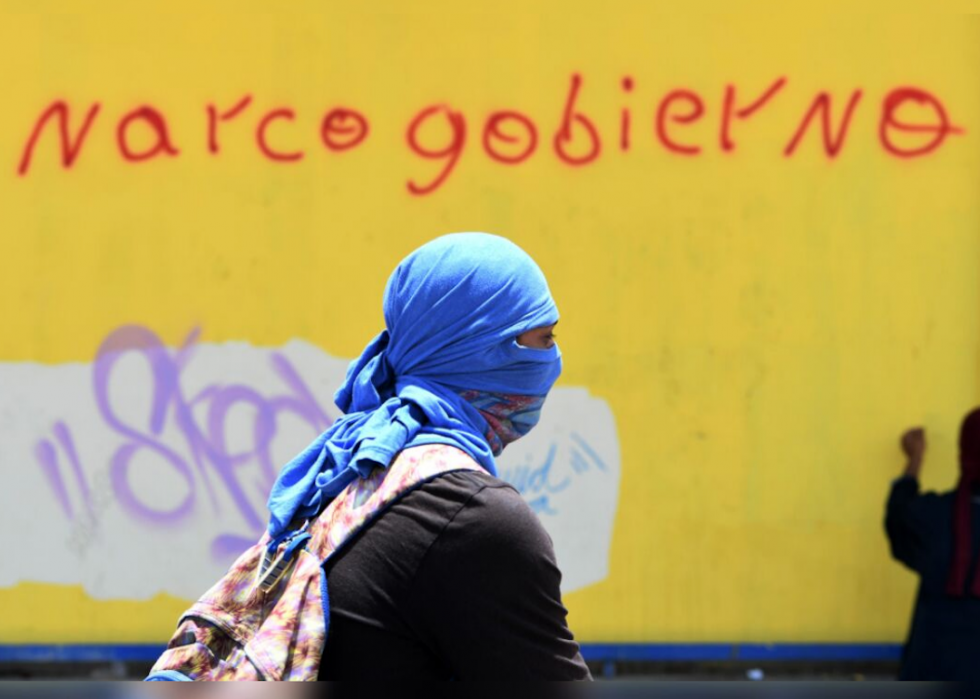
Honduras
The State Department classifies Honduras as a Level 3 (last updated June 24, 2019), advising against travel to the country. As a major thoroughfare for drugs, high levels of crime persist throughout the country. Travelers are at risk of homicide, armed robbery, street crime, and getting swept into the violence often involved with narcotics and human trafficking.
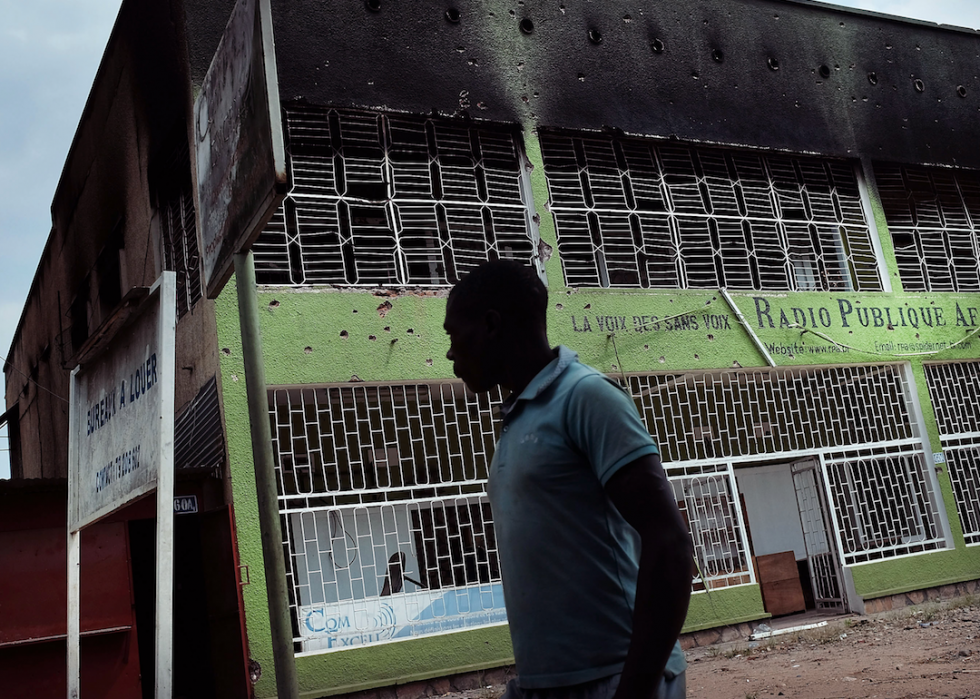
Burundi
Although violence in Burundi does not tend to orient specifically toward Americans, the State Department nonetheless issued a Level 3 warning for the country, last updated June 12, 2019. The country is in the midst of significant political instability, which has introduced a high level of political violence, including grenade attacks. This has compromised the ability of the government to provide basic emergency services, and the border with the Democratic Republic of Congo is a particularly dangerous zone.
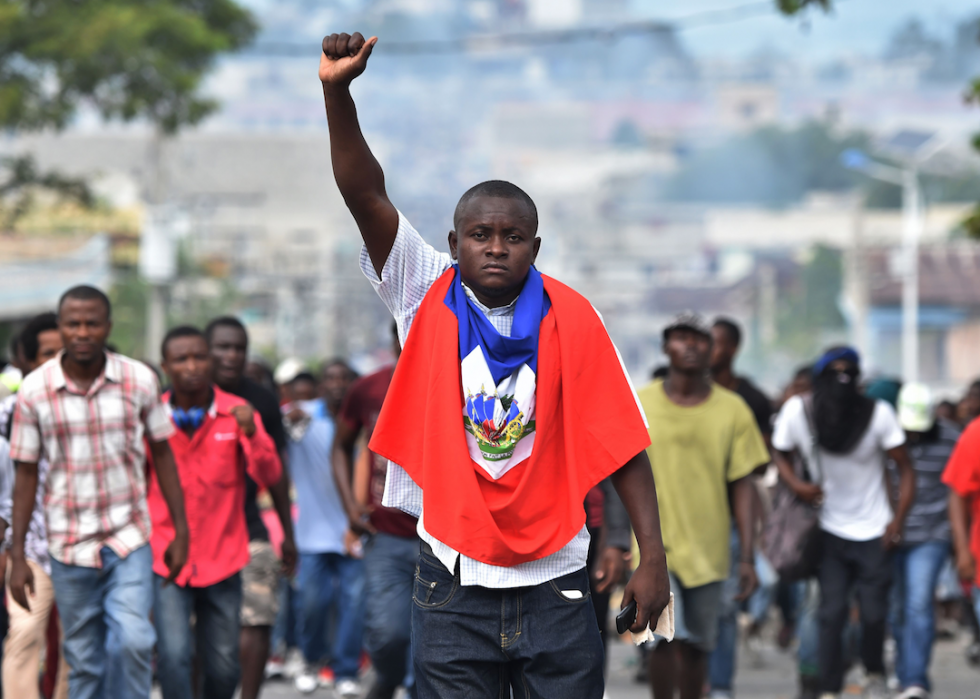
Haiti
Civil unrest stemming from violent protests against the government of Haitian President Jovenel Moise has precipitated a Level 3 warning from the State Department, updated June 11, 2019. The State Department has pulled non-emergency personnel from the country, and warned U.S. citizens that protests have grown violent, with tire burning and armed robbery common in the anti-corruption demonstrations.
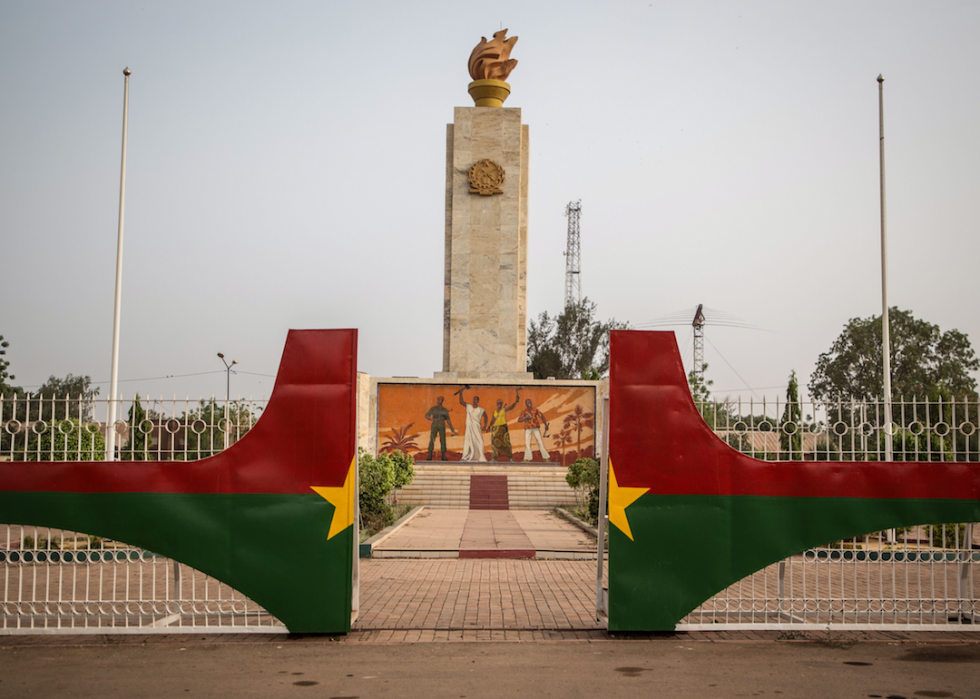
Burkina Faso
Burkina Faso’s Level 3 warning (as of June 3, 2019) is due to terrorism. The Burkina Faso government has declared a state of emergency in multiple provinces throughout the country and conducted sweeping anti-terror operations in an effort to stem a spate of attacks that have befallen police offices, restaurants, customs offices, hotels, and places of worship.
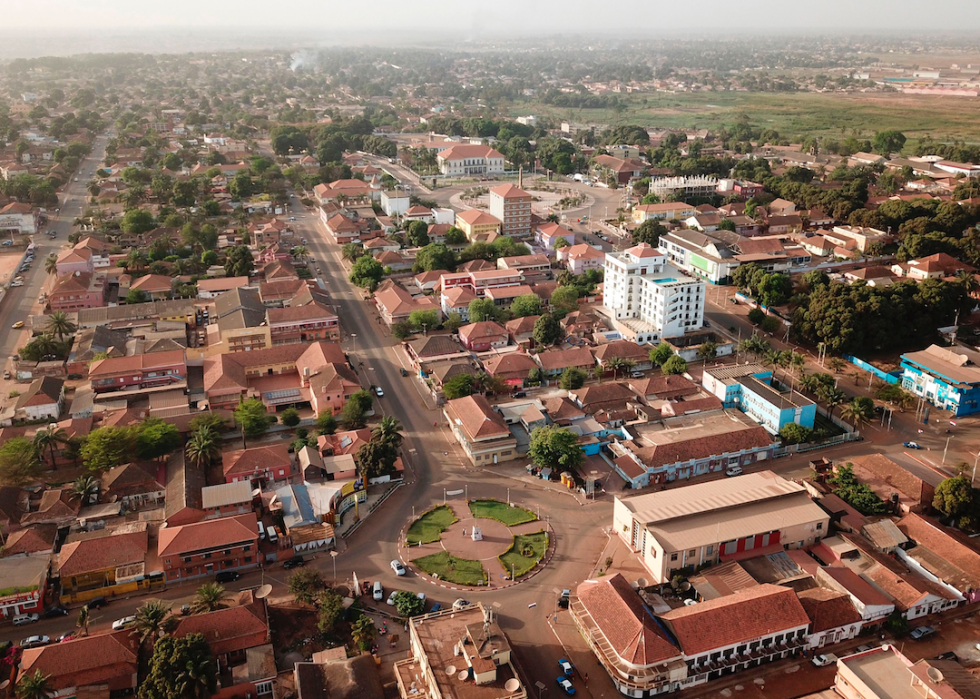
Guinea-Bissau
Following decades of political and institutional dysfunction in Guinea-Bissau, the country is deeply impoverished, and lacks fundamental abilities to deter and prosecute crime. This constellation of factors has caused the State Department to issue a Level 3 advisory (last updated April 25, 2019) for Guinea-Bissau, warning travelers that Westerners are often targeted for robberies that may turn violent, particularly near the airport and the city’s central market.
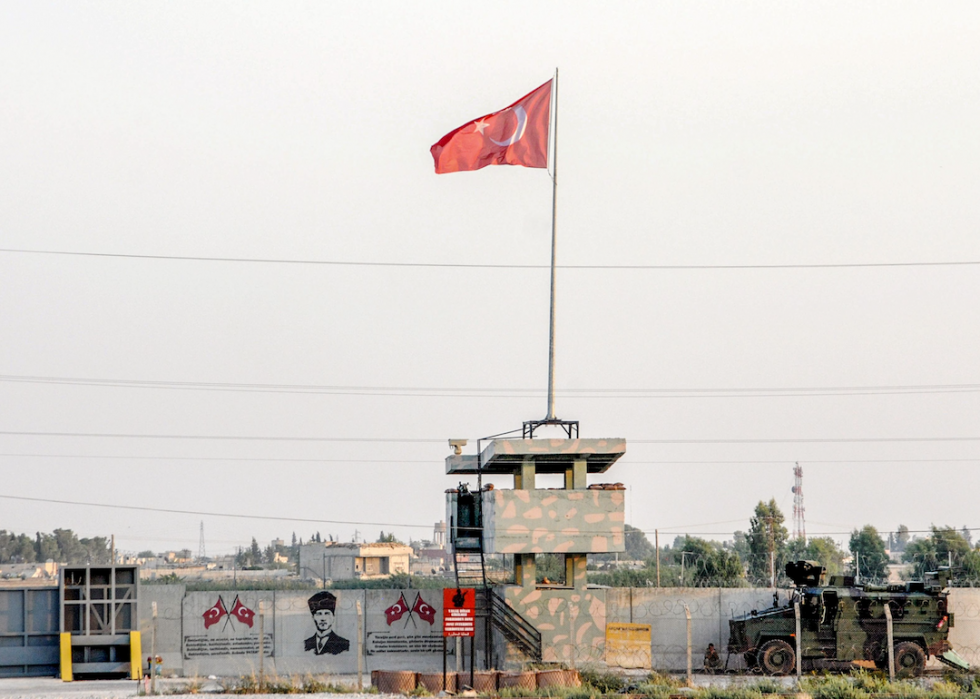
Turkey
Once a tourism hotspot, Turkey now has a Level 3 warning from the State Department, last updated April 9, 2019. The warning has been issued due to increased political instability in Turkey, including terrorist attacks that have included bombs exploding in Turkey’s international airport, and other locations frequented by Westerners. The government has also recently begun detaining foreign nationals, including American citizens on so-called national security grounds with little to no evidence. The borders with Iraq and Syria are also particularly dangerous parts of Turkey, due to terrorism in those countries.
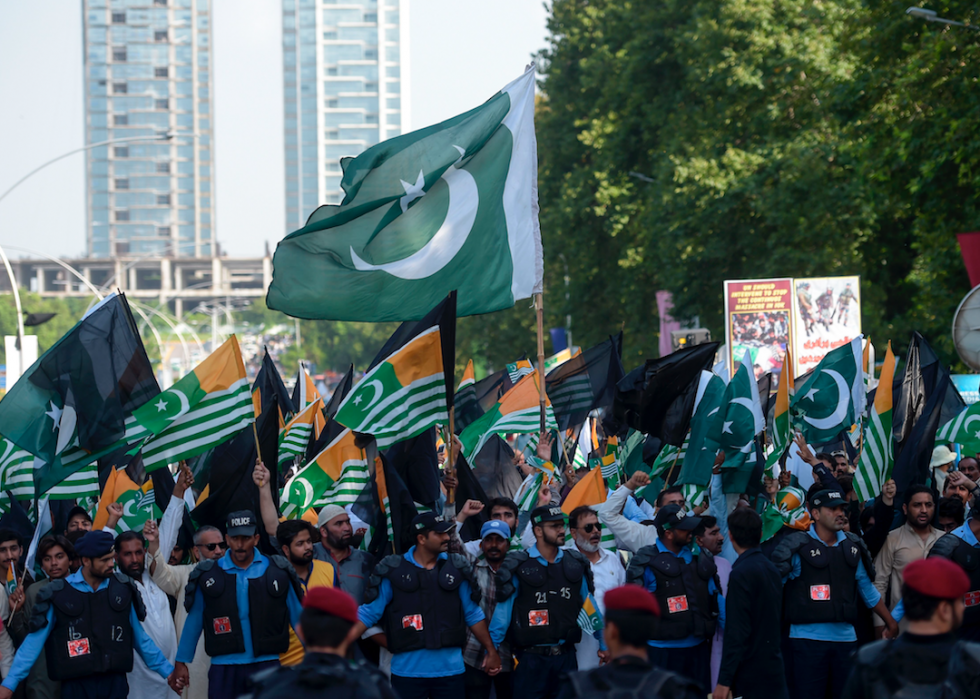
Pakistan
The country of Pakistan has a Level 3 warning (last updated April 9, 2019) due to terrorism, but several provinces and areas in the country have been put at a Level 4. These include Balochistan province, where active terrorist groups and violent separatist movements have carried out numerous attacks. Some have been near the India-Pakistan border, where tensions in the disputed Kashmir region remain high.
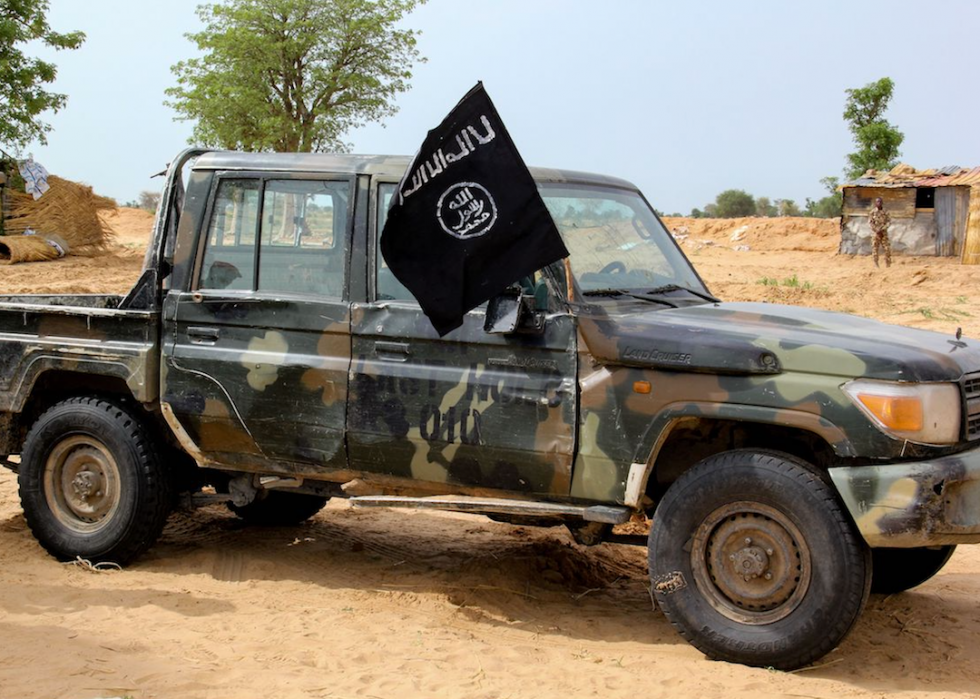
Nigeria
The Level 3 warning against travel to Nigeria (last updated April 9, 2019) is due to a number of factors, including terrorism, civil unrest, kidnapping, and piracy. The active Boko Haram terrorist group aims to institute a violent form of Islamic law over the country, and has been known to target Westerners. It’s name, after all, translates to “Western education is forbidden.” The threat of terrorism is particularly strong in the northeast. On the other side of the country, pirates are active in the Gulf of Guinea.
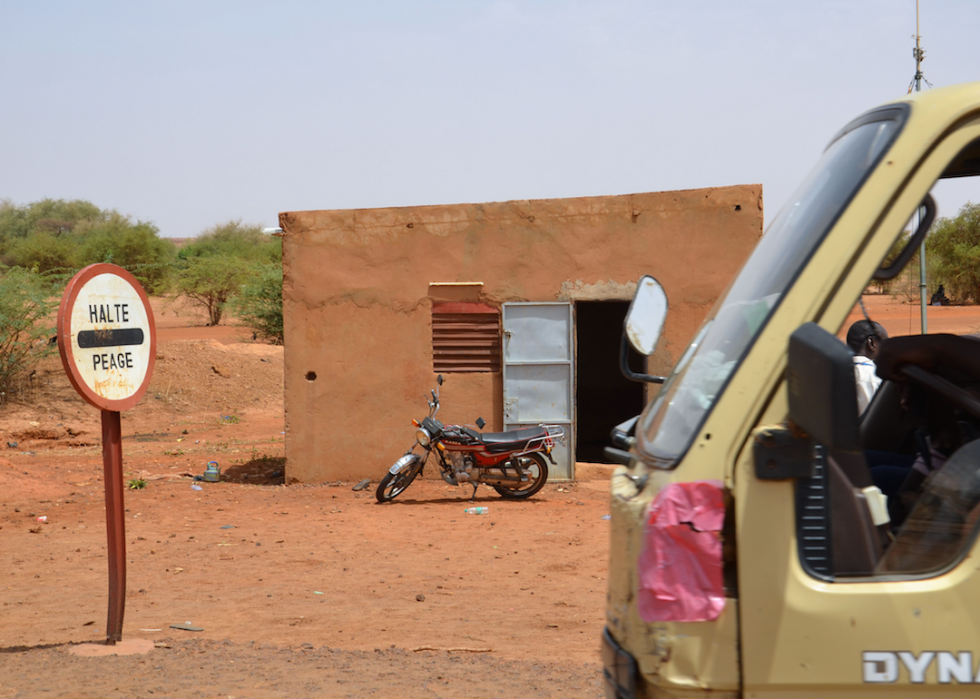
Niger
Niger is surrounded by countries that breed and harbor extremists including Libya, Algeria, Mali, Nigeria, and Chad. The border areas are particular reasons why the State Department has issued a Level 3 warning against travel to Niger (last updated April 9, 2019), along with Niger’s own history of terrorism including attacks targeting Westerners.
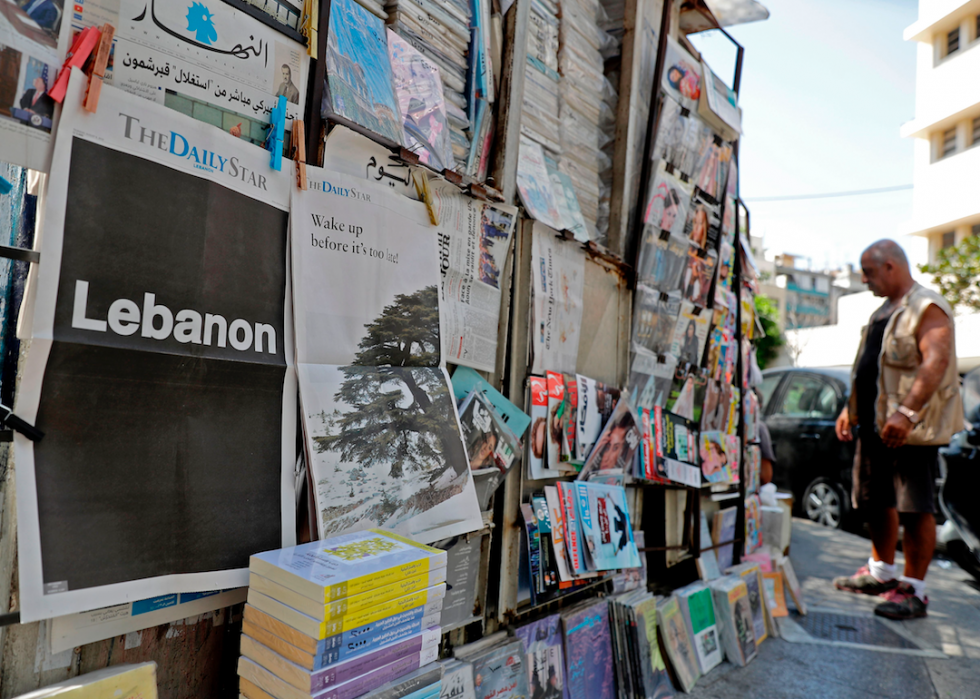
Lebanon
Lebanese capital Beirut has been called “the Paris of the Middle East,” but the security situation is bad enough throughout the country these days that the State Department has issued a Level 3 warning, last updated April 9, 2019. Beirut is considered unstable enough for government personnel travel to be restricted—spontaneous protests and demonstrations have also blocked roads, including those to the airport, but the primary danger zones are outside the capital. The border areas with Syria and Israel are of particular concern, along with refugee settlements harboring those displaced by conflicts in the region.

Democratic Republic of the Congo
A Level 3 advisory warning is in effect for the Democratic Republic of the Congo (last updated April 9, 2019) due to the prevalence of crime and the inability of security personnel to effectively respond. The situation is particularly bad in the North Kivu and Ituri provinces, which have a Level 4 warning, thanks to severe violence targeting civilians. Ebola cases have also been reported in these provinces, with even some workers treating the disease targeted and killed.

Nicaragua
Political violence is the primary reason for the current Level 3 warning for Nicaragua, last updated April 3, 2019. The government and affiliated civilian groups have formed a "para-police" unit that goes around the country, targeting anyone seen as the opposition to the government's president. These para-police have arbitrarily detained pro-democracy protesters and others suspected of supporting the opposition, with little to no proof required.



